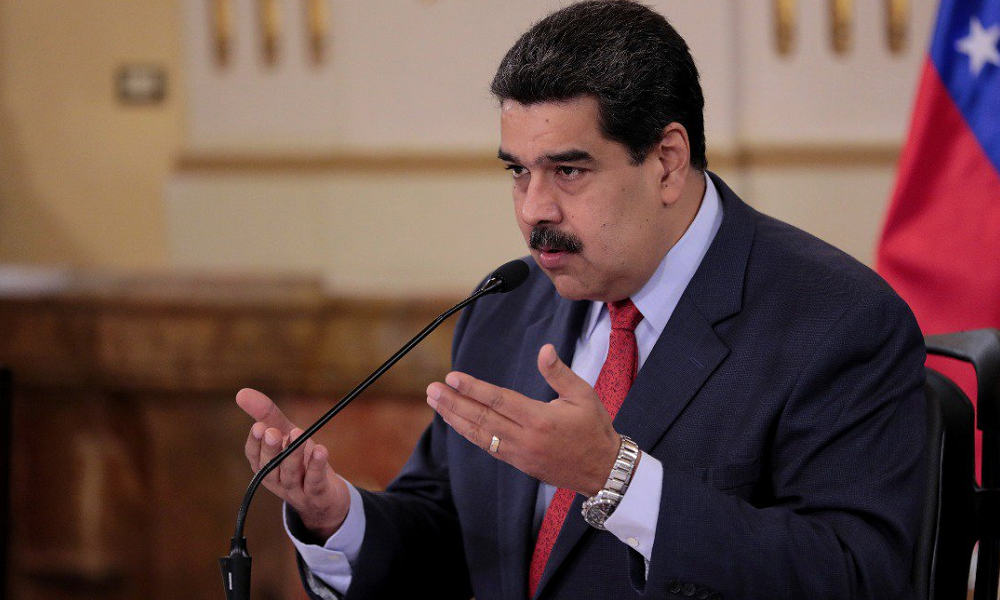> # Welcome to GameGrinOS v1.01 > # How can I help you? > # Press ` again to close
>

The censorship scandal over on Steam and itch.io continues strongly, as everyone comes together to create a united front against the removal of games. With GOG joining the fight, it being covered left and right, and gamers doing their best to get their voices heard via a petition, it's the most united our industry has been in a while.
The controversy has reached Visa and Mastercard, as players desperately sought who to blame for the actions (aside from Collective Shout, who has taken credit for the removal of the games). Visa has set an official response to everyone contacting them via e-mail, stating that they do "not moderate content sold by merchants" and that they also don't "have visibility into the specific goods or services sold", as seen by the redditor who posted the e-mail a few days ago.
Meanwhile, Mastercard went a step further and created an official, open statement named "Clarifying recent headlines on gaming content", wherein the company takes no responsibility for the removal of titles. The short, two-paragraph letter says that they "allow all lawful purchases" on the network, and that they did not evaluate any games or impose restrictions on them.

Steam disagrees.
In a message sent by Valve representatives, Steam was accordingly reached out to by payment processors to cease the sale of the 500 delisted games under Mastercard's Rule 5.12.7, and the team tried reaching out to Mastercard to explain their policy since 2018. The efforts were fruitless, as Valve was unable to get a hold of Mastercard to smooth things out, which led to the problem of delisting titles that we've seen transpire.
Mastercard did not communicate with Valve directly, despite our request to do so. Mastercard communicated with payment processors and their acquiring banks. Payment processors communicated this with Valve, and we replied by outlining Steam’s policy since 2018 of attempting to distribute games that are legal for distribution.
Payment processors rejected this, and specifically cited Mastercard’s Rule 5.12.7 and risk to the Mastercard brand.
In the official Mastercard Rules documentation, consisting of 484 pages, rule 5.12.7 is named "Illegal or Brand-damaging Transactions", wherein the document states that Mastercard holds the right to remove content that is unlawful or they deem damaging to their reputation. While it's a rather verbose section, the most relevant section is the following:

A Merchant must not submit to its Acquirer, and a Customer must not submit to the Interchange System, any Transaction that is illegal, or in the sole discretion of the Corporation, may damage the goodwill of the Corporation or reflect negatively on the Marks.
The Corporation considers any of the following activities to be in violation of this Rule:
1. The sale or offer of sale of a product or service other than in full compliance with law then applicable to the Acquirer, Issuer, Merchant, Cardholder, Cards, or the Corporation.
2. The sale of a product or service, including an image, which is patently offensive and lacks serious artistic value (such as, by way of example and not limitation, images of nonconsensual sexual behavior, sexual exploitation of a minor, nonconsensual mutilation of a person or body part, and bestiality), or any other material that the Corporation deems unacceptable to sell in connection with a Mark.
The second section of this rule is interesting, wherein it states that anything patently offensive and lacking serious artistic value falls under this category. The standout item on this list is "nonconsensual mutilation of a person or body part", which can easily inch itself dangerously close to violence in videogames.
This has been the worry of the anti-censorship movement as a whole: the rule creep that starts at "acceptable" bannable content and then seeps into moral and political areas. And if we're to believe Valve's representative, it seems like Mastercard was allegedly not interested in negotiating the terms of this rule, and was willing to use it to force the games off the market.
![]()
Artura Dawn
Junior Editor
A lean, mean, SEO machine
.png)




